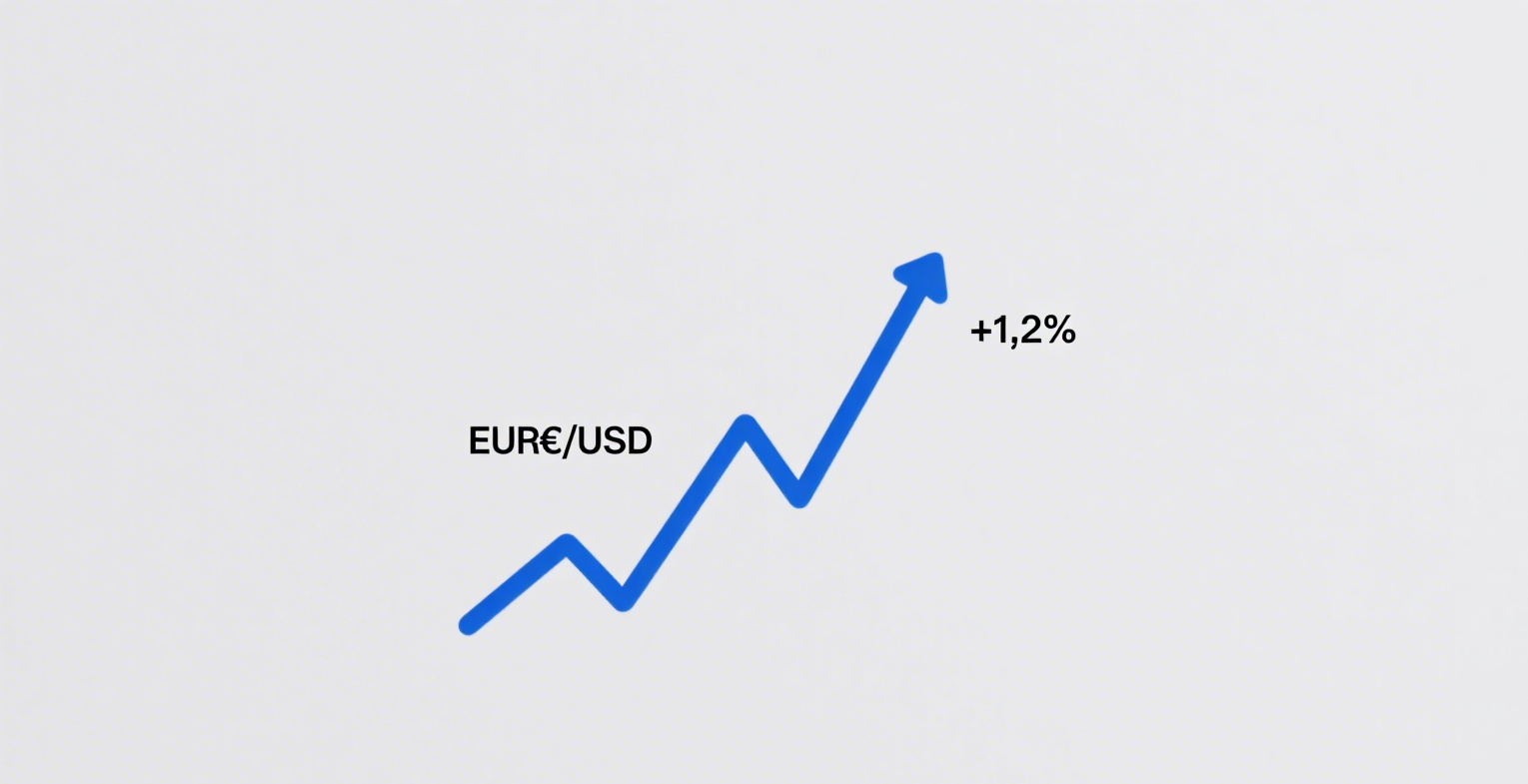
A Method for Evaluating Individual Stocks
While studying Huarong's investment philosophy, we encounter key survival rules in the stock market, including criteria for evaluating stocks. One notable method is: Market Trend + Themes + Volume + Moving Averages + MACD + K-line Logic + Psychological Discipline. Below is a detailed breakdown.
1. Market Trend
The overall market condition is primary:
-
Trade stocks when the market is strong; avoid or limit trades during weakness.
-
High trading volume is positive; low volume signals caution.
-
Monitor the 10-day and 30-day moving averages—upward trends are favorable.
2. Themes
Themes drive stock rallies, hence the saying: "Themes are the primary productivity." Focus on:
-
Macro themes (e.g., free-trade zone policies).
-
Stock-specific themes (e.g., Beijing Urban Construction).
-
Short-term hot topics.
3. Volume
-
Real-time volume: High volume, turnover rate, and total transaction value are ideal.
-
Historical data: Track changes among the top 10 tradable shareholders.
4. Moving Averages
-
Bullish alignment (e.g., 5-day > 20-day MA) is preferred.
-
Prices near key MAs signal stability; deviations indicate risk.
-
Converging MAs often precede trend reversals.
5. MACD
-
Golden Cross: A classic buy signal.
-
Lines above the zero axis: Indicate bullish momentum.
6. K-line Logic
Key candlestick patterns:
-
Morning Star: Suggests a bottom reversal.
-
Single Yang Unbroken: A consolidation pattern.
-
Harami: Potential trend reversal.
(Refer to dedicated sections for more patterns.)
7. Psychological Discipline
Mindset is critical:
-
Avoid impulsive trades, especially during downturns.
-
Professionals follow discipline: trade actively in uptrends, rest during downtrends.
















